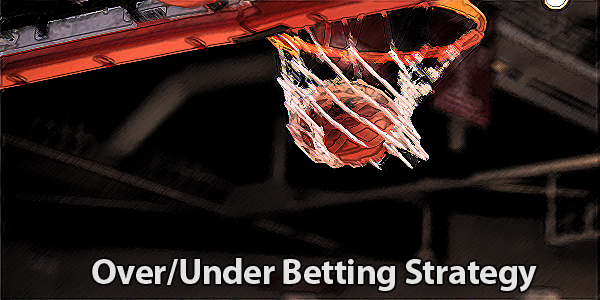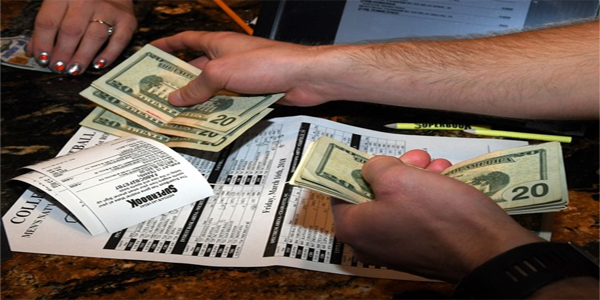Like anything else, sports betting has a language all its own. Baseball has terms like “closer”, “dinger”, “hot corner”, and “blue”. Hockey has terms like “breakaway”, “celly”, “five hole”, and “neutral zone”. Football has terms like “jet sweep”, “zone-option”, nickel”, and “dime”. Understanding sports betting terminology and what things mean will make a big difference.
A lot of novice sports bettors are used to hearing about “smart money” or “sharp money”. Sometimes these groups are referred to as “wise guys” or “sharps”. Whatever you call them and their wagers, just know that they are the guys that have the respect of the sportsbooks. Those are the guys that are moving the lines around throughout the week. They are the long-term winners. None of those mega-structures in Las Vegas would be standing today if the casinos weren’t making money. Wise guys are the ones consistently taking a little chunk of it for themselves.
Many sportsbooks have lists of sharp players who have the ability to influence line moves. They also tend to have deeper pockets. Sharp players that bet $100 per game aren’t going to get as much respect as the sharp player that shows up with $10,000 and sets it down on the counter to bet the Dallas Cowboys -3. What makes these particular bettors so scary is that they often work in groups. The lone wolf sharp player is one thing, but an entire pack of wolves is something entirely different.
Because they share information and have had sustained success, many of the influential players with money wind up on the same sides and totals during the week. That becomes a concern for the sportsbook directors, who need to show profits for their bosses. As a result, sportsbooks try to adjust the betting lines in response to the “smart” money. They will move lines up or down to try and entice action on the other side so that they can balance the books.
Some sharp players have client lists with disposable income and sportsbooks will get an avalanche of money that leaves them severely exposed on one side of a game. Other sharp players simply go in, get their money down, and then live on their own winnings.
Going against sharp money may or may not work. Keep in mind that even the sharpest minds are wrong at least 40 percent of the time and the true number is probably more like 45 percent. They grab the best numbers and can be the ones that buy back in hopes of picking up a middle, where the game falls in between the two numbers that they bet, or the ones that set up a line to put more money down on the other side at a more favorable number.
However you slice it, these are the respected individuals that win long-term from the sportsbooks and their opinions are very valuable for a lot of reasons.






